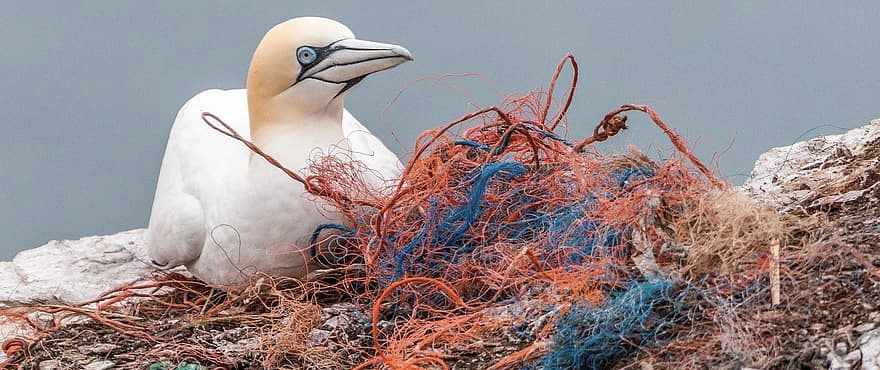Marine pollution and why you should care
How our habits are affecting our future
Let’s get one thing straight. Marine pollution WILL cause major damage across the globe. That is if we don’t change our habits anytime soon. For centuries people and companies have been using the ocean as a giant trash can because they see it as an “out of sight, out of mind” kind of place to dump any variety of things, ranging from pesticides to toxic metals. The amount of damage we’ve inflicted on the ocean has gotten worse; coral reefs are dying, some fish are unable to spawn, sea creatures are dying, and it all eventually spills over to affect us. This has been going on for too long, and we need to make a change before it’s too late.
The Facts
The amount of waste that we dump in the oceans is far greater than you could imagine. In fact, there is actually a thing called the great pacific garbage patch. It is literally a giant body of water composed of “islands” of garbage floating in the center of the Pacific Ocean that make up a whopping 1.6 million square kilometers worth of garbage floating in the ocean. That’s about two times the size of Texas, which just happens to be one of the five garbage patches that exist in the ocean. Even worse, only 15 percent of the garbage in the ocean is floating, 15 percent landing on our beaches, and the remaining 70 percent sinking to the bottom of the ocean. All of this garbage is affecting the fish within our oceans drastically; 100 million marine animals die each year from plastic alone, and 100,000 of those die from entanglement in plastic, and that’s counting just the ones we find. In terms of the plastic we throw in these oceans, 8.3 million tons are discarded in the sea yearly, of which, 236,000 are ingestible micro plastics that marine creatures mistake for food. The effects on sea life are devastating and will only get worse without change.
How it hurts humanity
You might be wondering, how does this affect us? Well, quite drastically. The ocean is one of the largest suppliers of the things that keep us alive. As the amount of garbage in the ocean increases, the water will start to turn toxic, plants will die, animals will die, and the Co2 within our air will have increased drastically; all because of the ocean’s benefits. 70 percent of the oxygen we breathe is produced by sea plants, 97 percent of earth’s water supply is contained in the ocean, and 30 percent of Co2 emissions produced from humans is absorbed by the oceans, removing it from our air. If we continue to pollute the oceans, these things will be at great risk. If our marine pollution continues at a constant rate (as opposed to the current exponential rate) by the year 2100 our oceans will be 150 percent more acidic, leading to reduced life, preventing the removal of Co2. Because of this our oceans will be much warmer, and warm water means greater evaporation which will lead to coastal flooding that will threaten cities and the people that live in them.
The ocean is a very important piece of the puzzle that contributes to life. With our constant pollution, the oceans are being put at risk and soon we will have reached a point of no return. Once we reach that point, our oceans will be mostly if not completely dead. Will levels will rise drastically, Co2 levels will be much higher, our oceans will be considered acidic, our major cities will be at risk for flooding, and our ecosystem as a whole will be at risk due to the multiple major factors being effected.
Make a Change
The only way to prevent all of this from happening is for us to change our habits before it’s too late. Here’s a few things you can do to contribute to the end of marine pollution.
- Reduce the use of single use plastics; buy a reusable water bottle
- Sign petitions on GreenPeaceUSA to end corporate marine garbage disposal
- On Facebook, tag @GreenpeaceUSA and the brand responsible!
- On Twitter, use hashtags #PointlessPlastic, #RediculousPackaging, #BreakFreeFromPlastic, and the brand responsible!
- On Instagram, tag @greenpeaceusa and the brand responsible!
- Refuse plastic whenever possible
- Pick up any plastic you see around and throw it away
Be the change and save our oceans!




